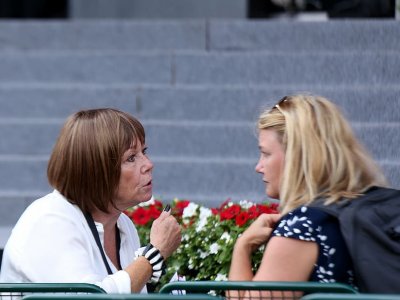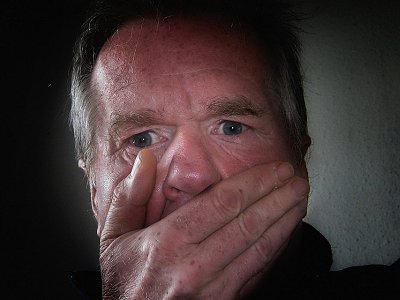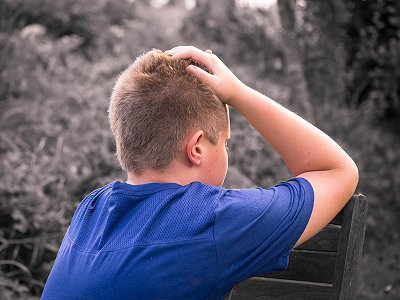
THE CRUEL SEA
Every developed nation faces the same key policy question: how does it approach the surge in global migration patterns? This development is going to grow over the course of this century as vicious circles of poverty, civil war and climate change cause more people from affected areas to seek a safer and more prosperous life.
In the UK, the symbolism of migrants crossing the Channel from France has had a powerful effect on the imagination. The numbers crossing this way are growing but it is only a small part of the bigger story of migration to the UK while other people find legal and safer means of arriving. The boats, nevertheless, produce a particular kind of response in some. Careless language round ‘swarms’ and ‘invasion’ have been used. Outlandish solutions like housing people on disused oil platforms or creating a giant wave machine off the UK coast (yes, really) have been proposed. Presently, the plan is to send a number of asylum seekers to Rwanda; this is being contested through the courts.
Terminology is important, but difficult. An asylum seeker is someone seeking refuge. A refugee is someone who has left their country because of war, violence or persecution. Migrants are people who are on the move, usually for economic reasons, who may or may not claim asylum. These distinct legal categories overlap and economic reasons can be a sanitised way of speaking of many who may have fled desperate poverty caused by unjust political systems, conflict and the outcomes from a rapidly warming planet.
Any responsible developed nation has to address asylum properly, balancing the needs of some of the world’s most vulnerable people with its capacity as a host nation to absorb them manageably with the infrastructure it possesses - structures needed to support its own citizens.
However, responses tend to polarise people in the developed world and this does not help governments to arrive at humane and responsible answers.
A good place to start is with the re-humanisation of those seeking sanctuary. The Irish freelance journalist Sally Hayden has given us a rational and compassionate place to start in her acclaimed book My Fourth Time, We Drowned (4th Estate, 2023), the winner of the Orwell Prize for Political Writing. The refugee trail she looks at starts in east African and west Africa, arriving in Libya to cross the Mediterranean Sea and it is a shocking story.
Hayden’s reportage reveals the humanity of the people involved, their names and stories, with aspirations that are easily understood. It rebukes the tendency to see refugees as an undifferentiated mass of chancers that leads only to stigmatisation. She also lays bare the appalling physical, sexual and emotional abuse suffered by those who end up in the detention centres round Tripoli. Sadistic guards and traffickers have subjected refugees to torture and rape in a bid to extract ransoms from desperate families and confine them in conditions that would be cruel to animals. The trauma and memory of war and violence in their own country being compounded, over again.
From this vantage point, the extraordinary risks taken on unseaworthy vessels across a huge expanse of sea make sense. Many refugees have already died inside and are not afraid for what may happen to them at sea.
Asylum seekers whose claims are upheld often face great challenges on arrival in Europe. They are deeply traumatised, hypervigilant and sleepless and also profoundly lonely – a loneliness made worse by a more individualistic culture, where neighbours do not gather together and households keep to themselves. It takes time to integrate and they are frequently made to feel unwelcome.
The Christian faith is devoted to what the Bible calls the ‘alien’. It begins with Israel’s experience of slavery and the population migration that follows. In the promised land, God commands that strangers should be accommodated with generosity and hospitality. Hosts should never take advantage of others’ vulnerability.
There are no simple answers to today’s migration surge – the biggest since the dislocation of World War Two. But this is no excuse for abandoning principles in tackling it. A Christian voice should be informed and not naïve; prayerful and not abusive; able to see Jesus in the refugee and in the citizens of the host nation. Losing this perspective may lead us to a place of darkness and division, where populist, opportunist politicians who are unknown today come to prominence in the time ahead. The kind who offer easy solutions that ultimately poison us all.





